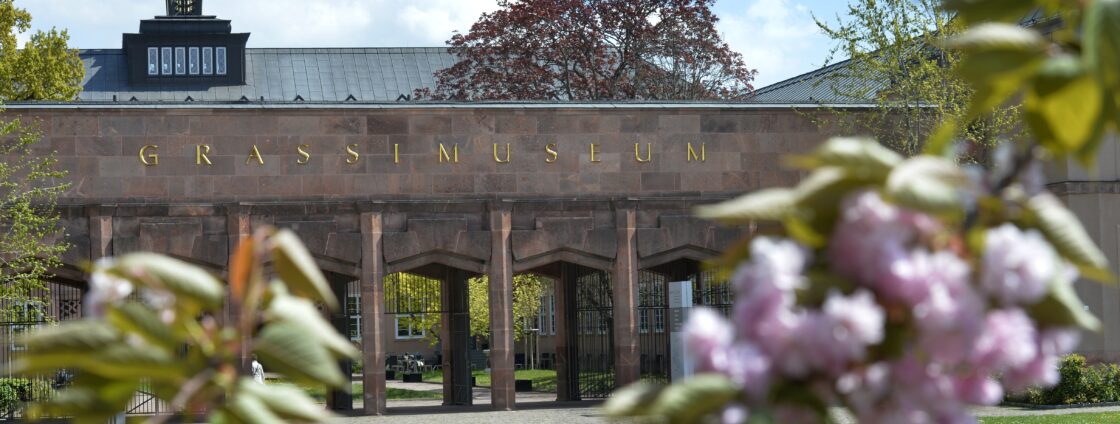GRASSI Museum of Ethnology Leipzig
The collection of the Dresden court councilor and librarian Gustav Klemm formed the basis for the Leipzig Ethnological Museum, which today holds around 200.000 objects.
In 1869, the museum was founded by the citizens of Leipzig. In the following period, the collection was considerably expanded.
During the German colonial period from 1884 and the period of activity of the later director Karl Weule from 1899, the collection increased fivefold. This was made possible by Weule’s worldwide network of so-called collectors. One of the most important object donors of this time was the wealthy Leipzig publishing heir Hans Meyer (1858−1929). The objects were collected by many people on research expeditions, during missionary activities, on military campaigns, during looting, through grave robbery or on private trips.
Since 1927, the Museum of Ethnology is located within the GRASSI Museum on Johannisplatz.
Currently, we are working on the reorientation of the museum towards becoming a network museum that deals reflexively with its own history. An important step in this direction is the future program REINVENTING.GRASSI.SKD, which is funded by the German Federal Cultural Foundation as part of the initiative for ethnological collections. The new permanent exhibition focuses more strongly on cultural, political, historical and social interconnections across continents and regions. Impulses related to current and future-relevant questions are given in thematically oriented exhibition areas.
